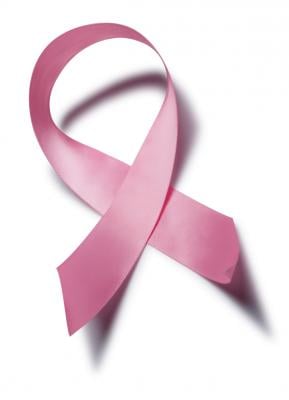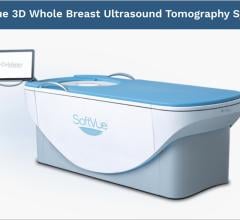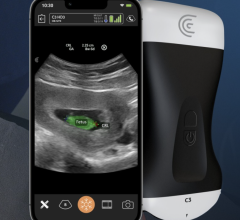
October 11, 2013 — Breast cancer experts at Seattle Cancer Care Alliance (SCCA) developed guidelines to simplify recommendations from the American Cancer Society (ACS) on breast cancer prevention and screening.
Following the guidelines from the ACS, SCCA recommends:
- Women in their 20s should discuss the benefits and limitations of breast awareness with a doctor. Women should also be aware of how their breasts normally look and feel and report any new breast changes to a health professional. Women in their 20s and 30s should also consider having a clinical breast exam (CBE) as part of a periodic health exam by a health professional preferably every three years.
- Women age 40 through 69 should have a mammogram every year and continue to do so for as long as they are in good health. Starting at age 40, women should also have a CBE by a health professional every year.
- Women age 70 or older or women with less than a 10- to 15-year life expectancy should continue to have yearly mammograms as long as there are no serious, chronic health problems such as congestive heart failure, chronic obstructive pulmonary disease or moderate to severe dementia. Women with serious health problems or short life expectancies should discuss whether to continue having mammograms with their doctors.
- Women who believe they are at a higher risk of developing breast cancer should talk to their doctor about screening tests and their potential benefits, limitations and harms. These women may need to be screened earlier and more frequently than other women. The Breast Cancer Risk Assessment Tool is a helpful interactive tool designed by scientists at the National Cancer Institute (NCI) and the National Surgical Adjuvant Breast and Bowel Project (NSABP) to estimate a woman's risk of developing invasive breast cancer.
In addition to screening routines, a few simple modifications to a woman’s lifestyle can reduce her chances of developing breast cancer. SCCA’s breast cancer experts suggest women follow these practical prevention focused tips including:
- Leading a healthy lifestyle: research suggests that leading a healthy lifestyle reduces overall breast cancer risk. SCCA recommends embracing a diet high in vegetables and fruit and low in sugared drinks, refined carbohydrates and fatty foods, exercising moderately to maintain a body-mass index under 25 and avoiding alcohol and smoking.
- Breast-feeding babies for as long as possible: women who breast-feed their babies for at least a year have a reduced risk of developing breast cancer later.
- Avoiding hormone replacement therapy: menopausal hormone therapy increases the risk for breast cancer. If you must take hormones to manage menopausal symptoms, avoid those that contain progesterone and limit their use to less than three years. Bioidentical hormones and hormonal creams and gels are no safer than prescription hormones and should also be avoided.
For more information: www.seattlecca.org


 July 29, 2024
July 29, 2024 








